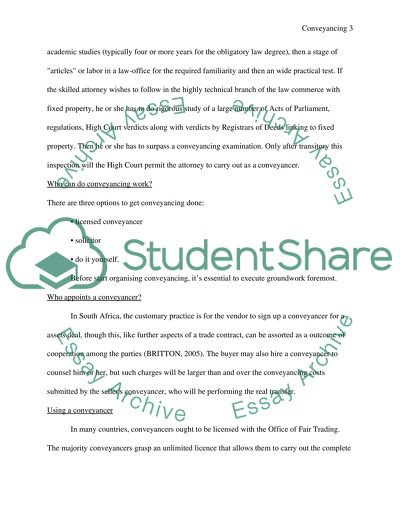Cite this document
(“Conveyancing Essay Example | Topics and Well Written Essays - 2500 words”, n.d.)
Conveyancing Essay Example | Topics and Well Written Essays - 2500 words. Retrieved from https://studentshare.org/law/1502121-conveyancing
Conveyancing Essay Example | Topics and Well Written Essays - 2500 words. Retrieved from https://studentshare.org/law/1502121-conveyancing
(Conveyancing Essay Example | Topics and Well Written Essays - 2500 Words)
Conveyancing Essay Example | Topics and Well Written Essays - 2500 Words. https://studentshare.org/law/1502121-conveyancing.
Conveyancing Essay Example | Topics and Well Written Essays - 2500 Words. https://studentshare.org/law/1502121-conveyancing.
“Conveyancing Essay Example | Topics and Well Written Essays - 2500 Words”, n.d. https://studentshare.org/law/1502121-conveyancing.


